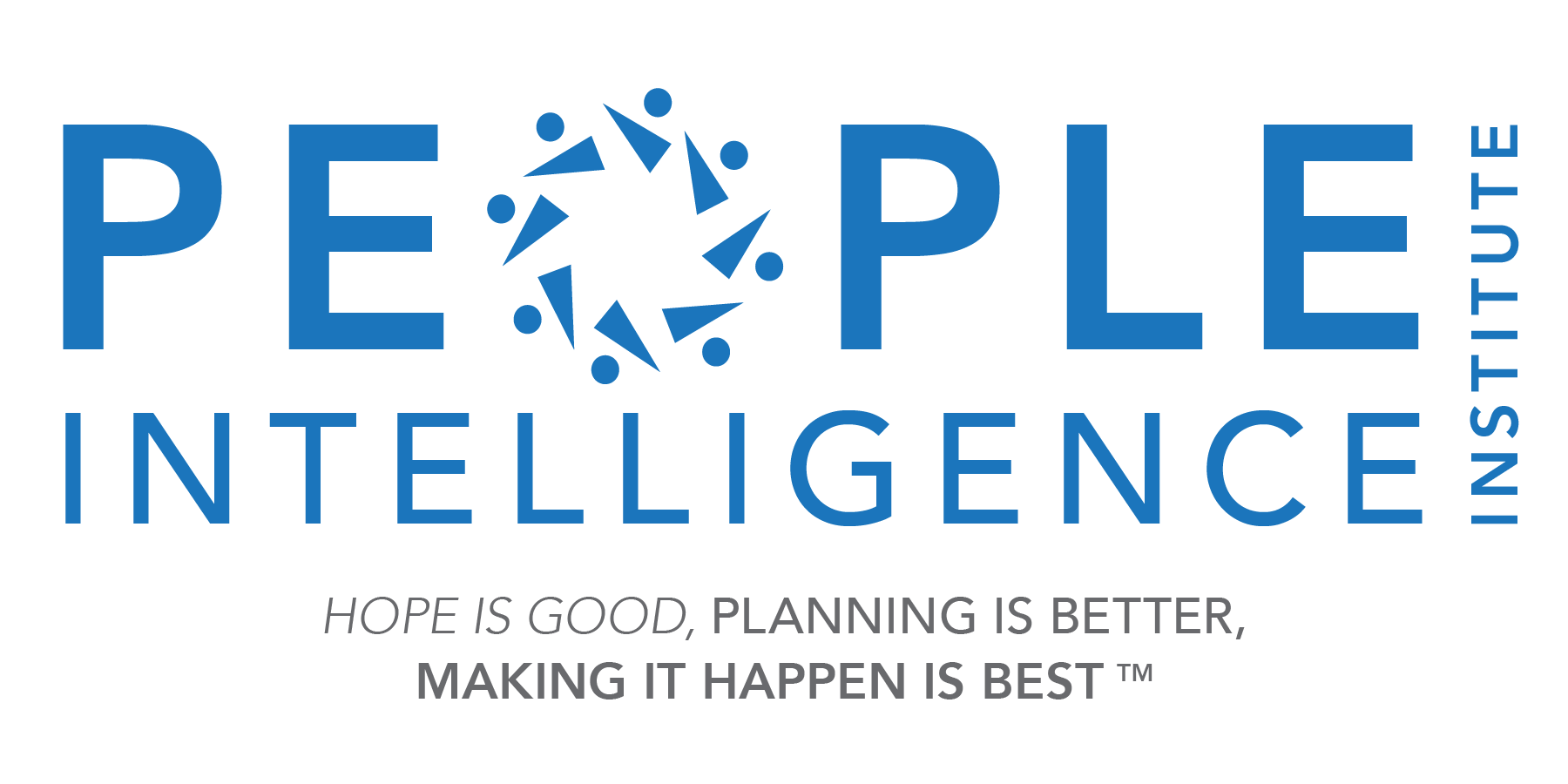"This course has helped train my eye and my mind to see more emotions in others, and as a result, have more successful interactions with others when they are emotional. I am more likely to notice things earlier, before escalation, when the potential to make better choices is stronger."
Read More
Managers often operate under the presumption that emotions have no place at work and they are generally right with regard to financial or economic decisions and operational maneuvers. However, their employees are sentient beings. Emotions and the role they play in the human factor cannot be dismissed.
Whether or not we want to acknowledge them, emotions exist because people exist. They are part and parcel of every person we know. Managers feel they have to be disconnected, so that the detachment can make it easier to make decisions based upon facts, devoid of emotion. That perspective has merits of course but there is a pitfall: the complete repression of all emotions while in work mode. It leads to neglecting emotion in all work-related interactions and can prevent them from 'getting' the human component of the work environment. In short; it interferes with empathy.
Think about the difference empathy makes in our interpersonal relationships - in how we decide to talk to people, how much we decide to listen, how deeply we care. There is an emotional component underpinning every action people take and by tapping in to our emotional intelligence, that enhanced sense of empathy will make us better managers of people. By denying our own emotions we are inhibiting our ability to notice them in others. If we don't understand them, we can't understand motivation, desire, inspiration, commitment and honesty. Is the team really buying into the plan or just paying lip service?
Do you ever feel as though you aren't getting through to people? Have you noticed that employees only come to certain managers with their concerns? Do employees complain at reviews that they don't feel as of they matter? It may be time to clean out the attic...
It's Musty Up Here
Maybe it's time to get up in the attic and dust off your old trophies, read your old journals, sift thru some photos and enjoy the memories, those moments in time that have shaped your life - the laughter, and even the tears. What moments brought you the greatest joy? What single event can still make you feel exhilarated?
How would a trip to the attic make you feel? Might you feel rejuvenated, humble, romantic, artistic and perhaps, human? Your employees feel this way every day and so do their families. The ability to understand how emotions effect change is vital to emotional competency. This competency is an improvable skill those with high EQ possess naturally, but it can be developed with practice.
Some leaders work so hard to remove themselves from emotion in the name of pragmatism they lose the ability to communicate effectively with the very people who can help them make better decisions. They simply forget how to talk to people. The Joe Friday, "just the facts ma'am" approach can leave employees feeling disconnected. That feeling of being under-appreciated or excluded is one of the top reasons for employee discontent.
A trip to the attic can help to find new uses for stored emotions such as confidence, compassion, joy, sadness and connectedness. Revisit Mazlow's Hierarchy of Human Needs ( http://www.maslow.com/) and see how important belonging is. By cultivating empathy, by recognizing and understanding the relevance of emotions in human behavior, leaders can embrace what they find in the attic. They can blow off the dust and put their emotions back in the toolbox, right alongside pragmatism.
Image courtesy of jscreationz / FreeDigitalPhotos.net


